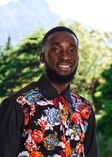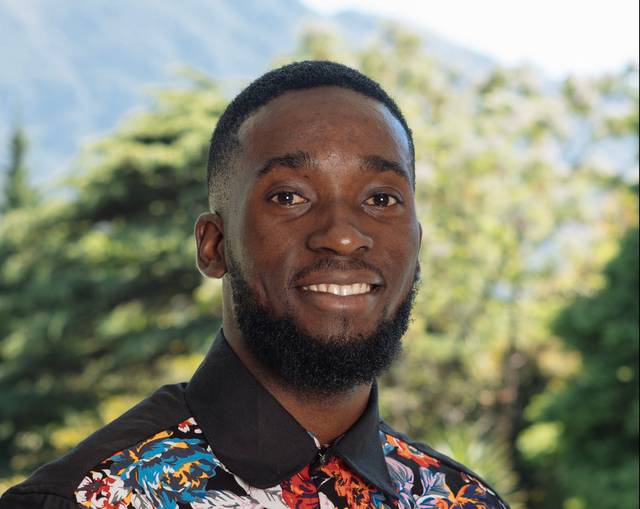
Scholar Stories
Nursing and Midwifery: My Journey into Public Health
Nigel Nji (Cameroon & University of Cape Town, 2025), a nursing and midwifery professional currently pursuing a masters degree in public health.
What has been your greatest highlight so far after becoming a Mandela Rhodes Scholar?
Being a Mandela Rhodes Scholar firstly, has exposed me to a lot of vibrant youths from across the African continent and it has given me the opportunity to explore what it feels like to leave my country and study elsewhere. I am pleased to be studying in the highest ranked university in Africa-The University of Cape Town.
Why did you choose nursing and midwifery as a career?
To me, nursing is a more of a calling. It takes a lot to become a nurse and not just putting on white scrubs and parading the corridors of the hospital. Growing up, I always loved being in the medical field and getting that patient-medic interaction. Rendering holistic care and watching patients get better and being discharged from the hospital or leaving the sick bed. My passion only grew stronger during the start of the ongoing sociopolitical crisis in my country where individuals had limited access to healthcare facilities and the limited knowledge on basic first aid procedures.
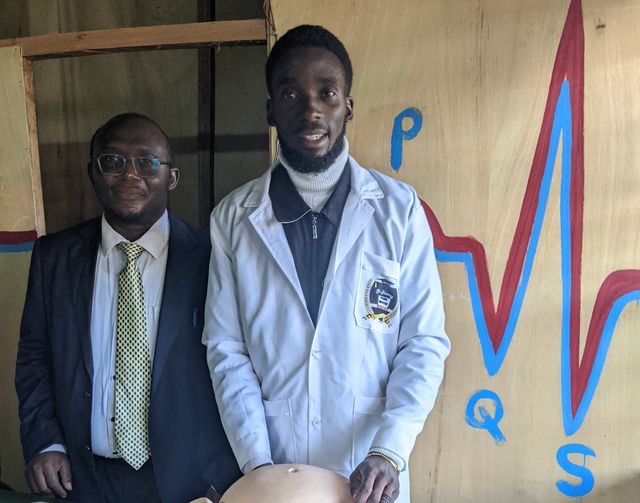
What changes do you want to make within the context of public health?
I noticed the importance of basic first aid measures when I heard a neighbor died during rush hour as a result due to excessive loss of blood through an open fracture. I was not able to get into medical school, but I am a proud nurse. I am an advocate for basic knowledge and skills in first aid because it’s a necessity for our day-to-day survival.
What prompted you to focus on public health for your postgraduate studies?
I am aiming to get into research or academia. Pursuing a masters in Nursing sets the foundation for me and thanks to the Mandela Rhodes Foundation, I am aiming for the top. Focusing on one of these key areas will help me tackle some of the issues in my community and my country as a whole
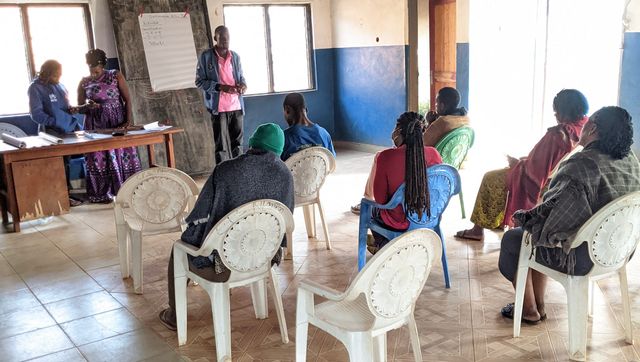
What will your research be about?
I will be focusing on Gender Based Violence and Forensic Nursing. Gender-Based Violence (GBV) in Cameroon has significant social, economic, and health implications and the rate of GBV cases has skyrocketed because of the crisis. Victims often face stigma, isolation, and discrimination and this can lead to mental health issues, including depression and anxiety, and hinder community cohesion. I want to widen my knowledge on the investigative procedures, evidence collection, first aid for GBV survivors and utilizing forensic nursing practices for legal proceedings. This will give me the opportunity to provide compassionate care and support to survivors, ensuring their physical and emotional needs are met. I envisage myself working someday with the United Nations and it's branches in targeting GBV in my country and the world at large.
Can you tell us more about the activism work you did in your community?
I started acquiring knowledge online and undergoing trainings with the Cameroon Red Cross and began picking up leadership positions in schools which gave me avenues to equip university students with the basic knowledge and skills in first aid. So far, I have been able to equip a total of 500 individuals with basic knowledge and skills in first aid since I began my quest and I am anticipating on scaling up in future.
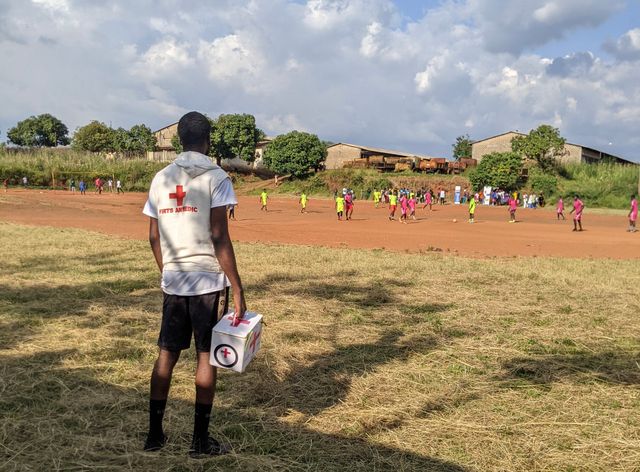
Where are we in Africa when it comes to SDG Target 3.1 to reduce the global maternal mortality ratio to less than 70 per 100 000 live births?
Africa faces significant challenges in achieving Sustainable Development Goal (SDG) Target 3.1 which is aimed at reducing maternal mortality ratio to less than 70 per 100,000 live births. With regards to this, many African countries have maternal mortality ratios above the global target with some exceeding about 400 per 100,000 live births. This is prominent in Sub-Saharan Africa which has the highest maternal mortality in the world with countries such as Nigeria, Chad and the Central African Republic. Some of the barriers include inadequate healthcare infrastructures, lack of skilled birth attendants, cultural barriers and limited accessibility to obstetrics and gynecological care.
Progress has been made by the World Health Organization (WHO) and other Non-governmental organizations to support maternal health initiatives across the continent by improving healthcare access, better prenatal and antenatal care, reduction in the cost of antenatal services and enhanced delivery services.
What role do you see AI or telemedicine playing in expanding access to midwifery and nursing services?
Telemedicine can analyze data and identify high risk of complications enabling proactive care and timely interventions.
I strongly believe that it has the potential to advance access to nursing and midwifery services particularly in remote and underserved areas. This can help nurses and midwives to consult remotely and at the comfort of their homes hence reducing the cost of traveling long distances for consultation. Over the years during my undergrad, I saw significant changes with the introduction of advanced monitoring devices such as cardiotocography which help to monitor fetal heartbeats with little maternal stress and efforts.
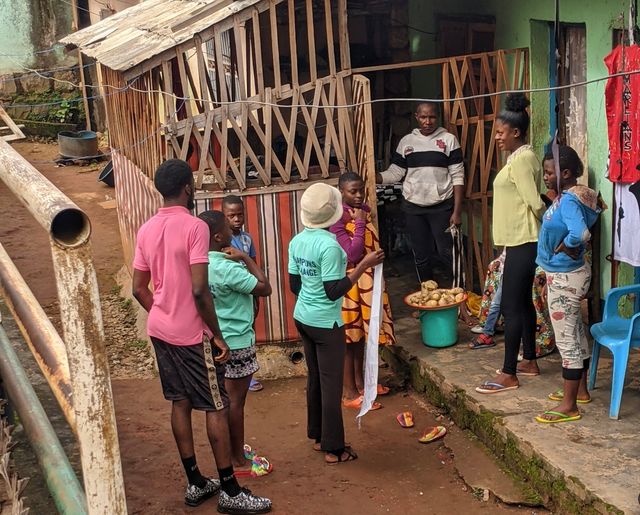
We see you love gardening. What lessons do you gain from gardening?
Gardening is a hobby I do which I admired from my dad and has a lot of principles you must follow. He often said “For one to love gardening, that person must learn to have patience with himself”.




